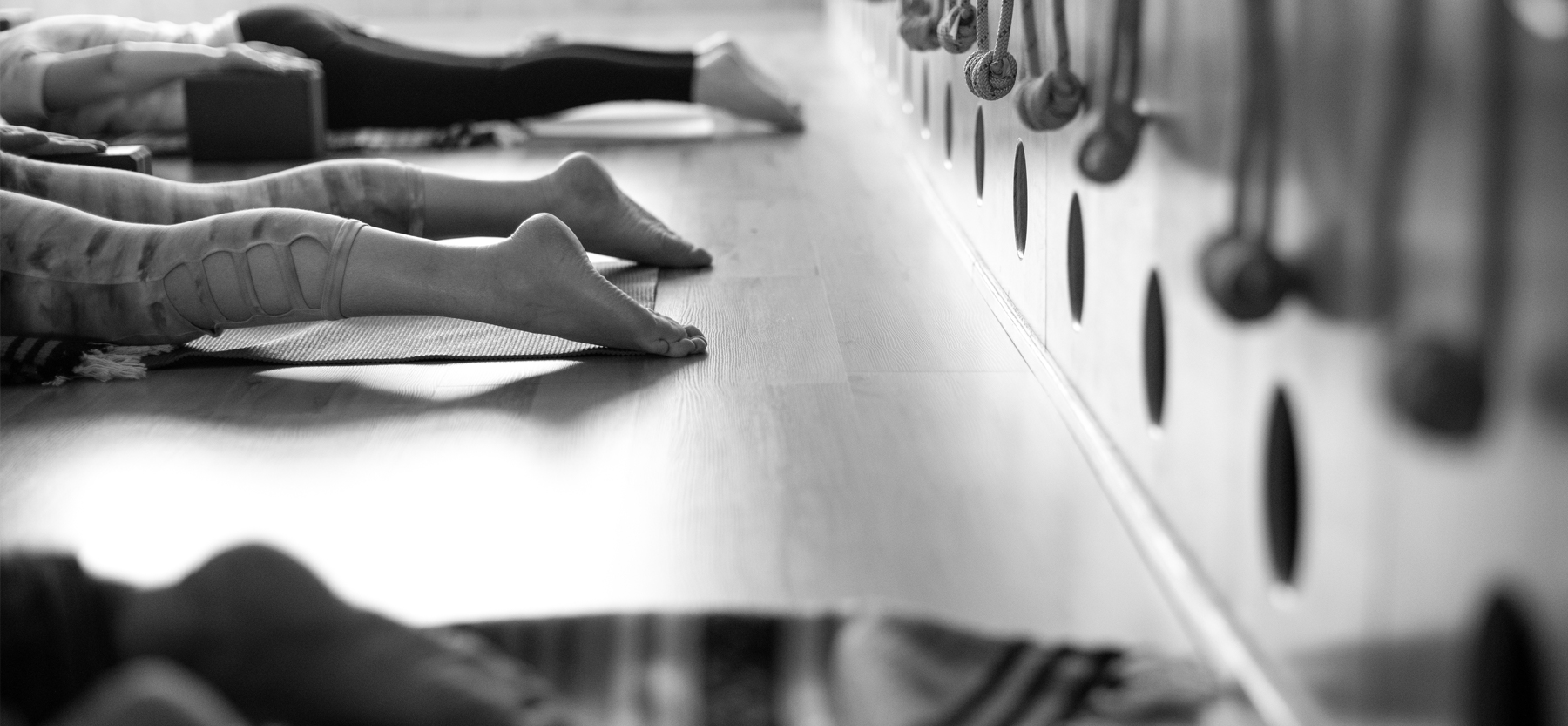Omaha Yoga Path Post
Ayurvedic Dosha test
Link for determining your dosha
Introduction
Ayurveda, ancient yet timeless, gives you the means of attaining and maintaining your own optimal health and wellbeing. The benefits of Ayurvedic medicine have been proven over centuries of use, and its methodologies are as applicable today in the West as they were thousands of years ago in India.
History of Ayurveda
Ayurveda is the traditional healing modality of the Vedic culture from India. It is said to be 2000 to 5000 years old, meaning it has stood the test of time. Ayurveda is a Sanskrit word that literally translates as “the wisdom of life” or “the knowledge of longevity”. In accordance with this definition, Ayurvedic medicine views health as much more than the absence of disease. The wise seers and sages of the time, intuitively understanding the physiology and workings of the mind-body-spirit long before the advents of modern medicine, explained the basic principles of Ayurveda.
Ayurvedic medicine was originally an oral tradition, taught and passed directly from teacher to apprentice, who would learn and work side by side. The oldest written codification of Ayurvedic principles is found in the Rig Veda. The fundamentals are then laid out in several major treatises, including the texts from Charaka, Sushruta, and Vaghbhat. There are also numerous other smaller works, written over time to explain the various branches of Ayurveda, which include disciplines such as general medicine, pediatrics, surgery, toxicology, fertility, and rejuvenation. The beauty in the way these have been explained is that they rely on basic principles which can be applied practically in any day and age.
Ayurveda has thus been passed down through the centuries as a complete healing system, evolving to meet the needs of the time, and yet remaining committed to its core principles. Various cultures have drawn upon the ideas of Ayurvedic medicine, and it continues to thrive in both the East and the West. In India, an Ayurvedic physician must undergo at least a 5 year post-graduate degree program (Bachelor of Ayurvedic Medicine and Surgery) to become qualified. In the West, Ayurveda is recognized as a Complementary and Alternative Health System by the National Institutes of Health, and is blossoming in various educational institutions.
Basic Principles of Ayurveda
While Ayurvedic principles can be used to explain the complexity of not only health, but also the world around us, there are several simple basics that become the building blocks for everything else:
- Ayurveda’s fundamental approach to well-being is that you must reach your unique state of balance in your whole being—body, mind, and spirit.
- Ayurveda views the world in light of 3 constitutional principles: vata, pitta, and kapha. These are explained in more detail below.
- The first line of defense in combating imbalances is to remove the cause of the problem. If the trouble-maker is out of the picture, the body starts being able to heal itself. For example, if pollutants are bothering your nasal passages and sinuses, rinse them out with a traditional Ayurvedic remedy, the neti pot
- If there are any lingering imbalances after removing the inciting cause, then bring balance by using opposites. For example, the Ayurvedic remedy to excess heat is to use something cooling. So for excess heat or acidity in the digestive system, you could use cooling and soothing herbs like Guduchi
- Always support the digestive fire, so that nutrition can be absorbed and waste materials can be eliminated.
Swimming at Black Point
A Primer for Swimming at Black Point
The bottom drops off quickly
and you’re in over your head
among the crosscurrents,
the floating sea plants.
This is where to swim, though,
if you can, the water cold enough
to stir in you what’s sleeping,
the fir trees on the other side
grand and achievable.
Just think of your fear
as alertness, and be happy for it.
Without fear it’s often tempting
to believe the water cares
about you; in its movement
your mother’s voice.
Consider getting out then.
It will never tell you
this intimacy cannot go on.
And when you get out
there’ll be no evidence
you were ever in, just a
tingling, an aliveness
that hints insurrection
in the deepest parts of you,
and it too will pass.
Don’t expect to know more
than your body has absorbed.
—Stephen Dunn
Theresa d’Avila
“Today may there be peace within. May you trust that you are
exactly where you are meant to be. May you not forget the infinite
possibilities that are born of faith in yourself and others. May you use
the gifts that you have received and pass on the love that has been given
to you. May you be content with yourself just the way you are. Let this
knowledge settle into your bones, and allow your soul the freedom to
sing, dance, praise and love. It is there for each and every one of us.”
~ St. Theresa d’Avila
The Heart Sutra
The Heart Sutra ~ as recited at Plum Village
The Bodhisattva Avolokita,
While moving in the deep course of perfect understanding,
Shed light on the five skandas
And found them equally empty.
After this penetration he overcame ill-being.
(Bell)
Listen, Shariputra,
Form is emptiness, emptiness is form.
Form is not other than emptiness;
Emptiness is not other than form.
The same is true with feelings, perceptions, mental formations and consciousness.
(Bell)
Here, Shariputra,
All dharmas are marked with emptiness.
They are neither produced nor destroyed.
Neither defiled nor immaculate.
Neither increasing nor decreasing.
Therefore, in emptiness there is neither form, nor feeling, nor perceptions.
No mental formations, no consciousness.
No eye, no ear, no nose, no tongue, no body, no mind.
No form, no sound, no smell, no taste, no touch, no objects of mind.
No realms of elements from eyes to mind consciousness.
No interdependent origins and no extinction of them.
(From ignorance to death and decay)
No ill-being, no cause of ill-being, no end of ill-being, and no path.
No understanding, no attainment.
(Bell)
Because there is no attainment,
The Bodhisattvas, grounded in perfect understanding,
Find no obstacles for their minds.
Having no obstacles, they overcome fear,
Liberating themselves forever from illusion and realizing perfect nirvana.
All Buddhas in the past, present, and future, thanks to this perfect understanding,
Arrive at full, right, and universal enlightenment.
(Bell)
Therefore one should know that perfect understanding
Is the highest mantra,
The unequalled mantra,
The destroyer of ill-being
The incorruptible truth.
A mantra of prajnaparamita should therefore be proclaimed.
This is the mantra:
Gate, gate, paragate, parasamgate, bodhi svaha.
Gate, gate, paragate, parasamgate, bodhi, svaha.
Gate, gate, paragate, parasamgate, bodhi, svaha.
(Three Bells)
In this Body, in this town of Spirit
In this body, in this town of spirit,
there is a little house shaped like a lotus,
and in that little house there is a space:
one should know what is there.
what is there? and why is it so important?
there is as much within that little space within the heart
as in the whole world.
heaven, earth,
winds, fire,
sun, moon,
lightning, stars…
whatever is, and whatever is not, everything is here.
~ Chandogya Upanishad Ch. I
Inviting Your Demons to Tea
This being human is a guest house.
Every morning is a new arrival.
A joy, a depression, a meanness,
Some momentary awareness comes
as an unexpected visitor
Welcome and entertain them all!
Even if they’re a crowd of sorrows,
who violently sweep your house
empty of its furniture,
still, treat each guest honorably.
He may be clearing you out
for some new delight.
The dark thought, the shame, the malice,
meet them at the door laughing,
and invite them in.
Be grateful for whoever comes,
because each has been sent
as a guide from beyond
——Rumi
Study of “Suchness”
 At the Yoga Path this Winter session, we have been studying and practicing the concept of “Suchness.” There is no easy explanation as to the definition of this concept, other then saying that it is touching reality in the present moment without any judgements or preconceived notions about what you are perceiving. We look at something we have seen before, like a flower or a sunrise or a child, as though we were seeing these things again for the first time. So our experience of all things in the world around us, is fresh and new, not dictated by habitual minds and responses. We see each moment as new and unique.
At the Yoga Path this Winter session, we have been studying and practicing the concept of “Suchness.” There is no easy explanation as to the definition of this concept, other then saying that it is touching reality in the present moment without any judgements or preconceived notions about what you are perceiving. We look at something we have seen before, like a flower or a sunrise or a child, as though we were seeing these things again for the first time. So our experience of all things in the world around us, is fresh and new, not dictated by habitual minds and responses. We see each moment as new and unique.
But recently a student has shared with me an article that makes me see this idea of suchness in a different light. I needed to share it with you to get your insights.
There going to be a Winter Health worksh
There going to be a Winter Health workshop at the Yoga Path on Saturday, Feb.9 from 1 – 3 p.m. If the flu bug is stalking you or has already laid you low. you might want to attend this interactive workshop on Chinese Medicine. Being hosted by Sandra Kreber (Acupuncturist) and Betty Smith (Massage Therapist) http://ow.ly/gHG7B

